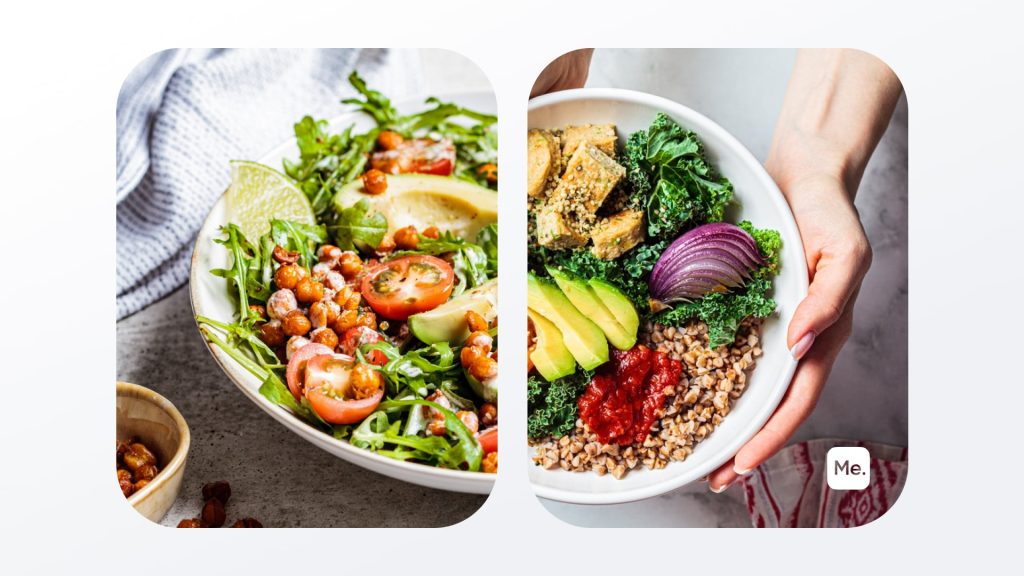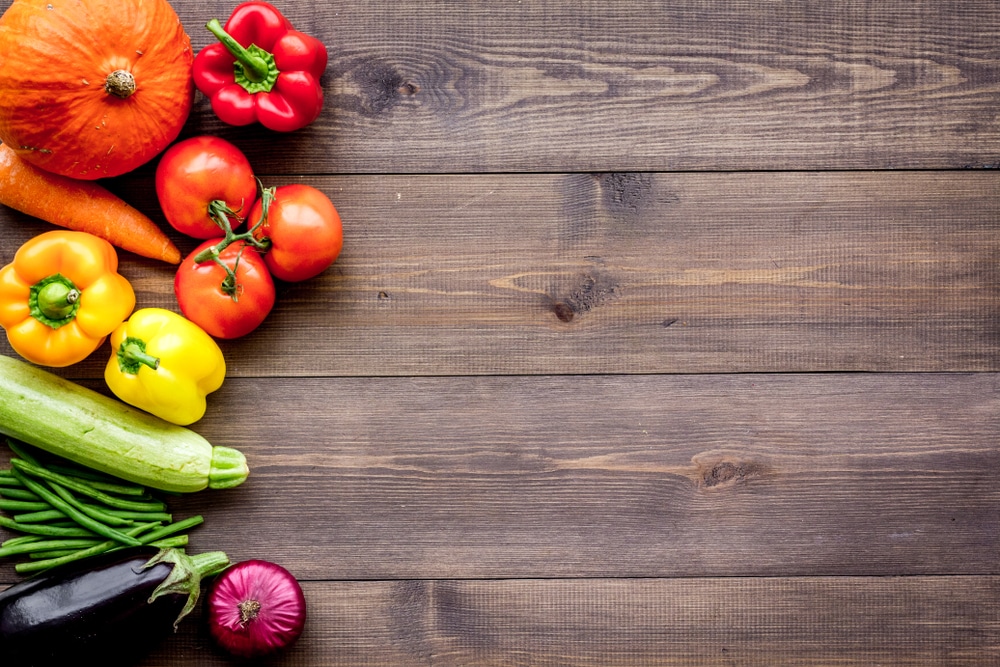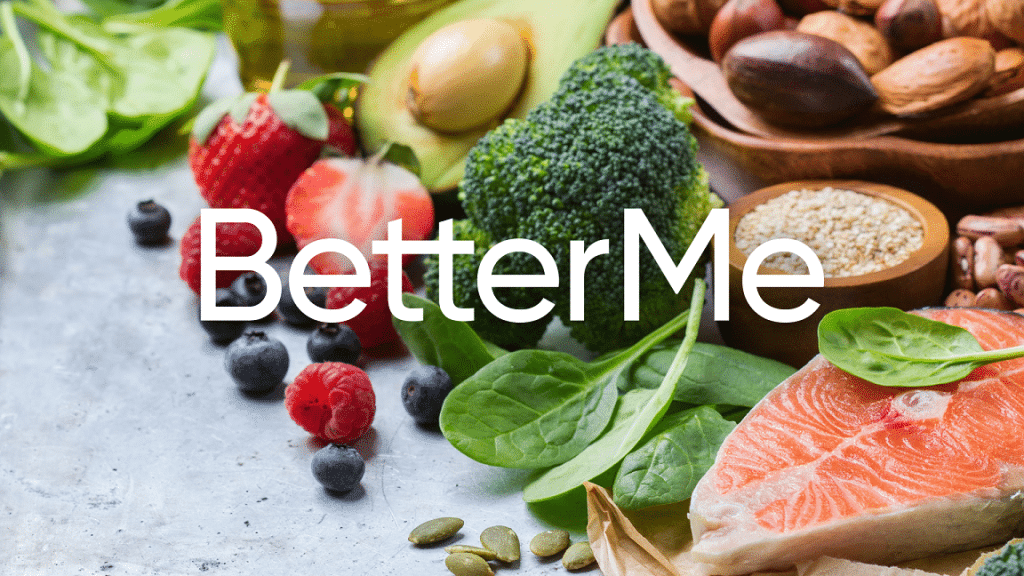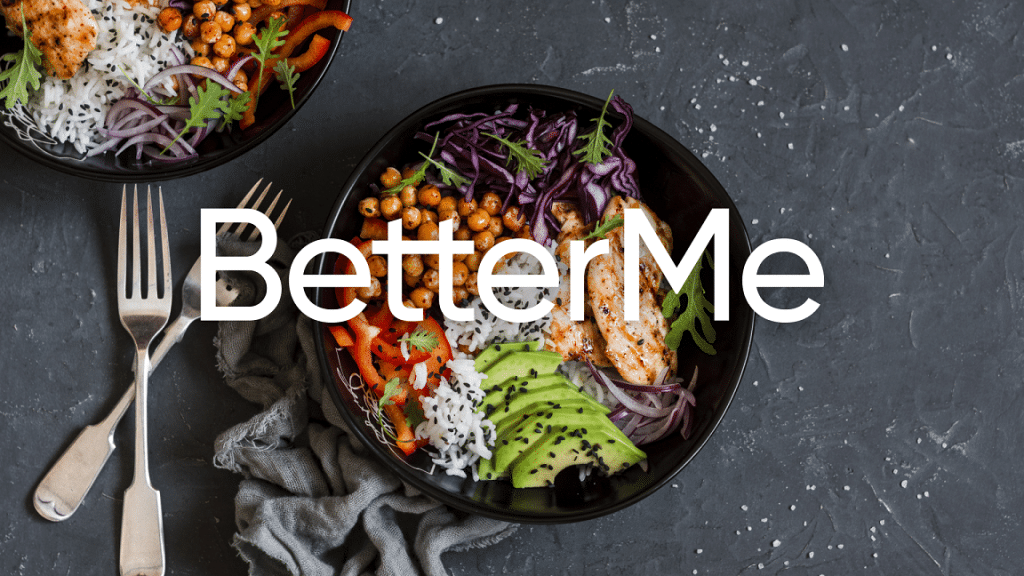Plant-Based Vs Paleo
We are regularly being bombarded with new dietary advice from «experts» on social media. On and on, beautiful people in fancy surroundings promote «revolutionary» products and regimes, many of which lack any sense. Trying to find a truly reliable, scientifically-proven dietary plan in all that mess becomes a daunting task. The whirlwind of information has left many disoriented and misguided. This article focuses on the comparison of two widespread dietary approaches – the plant-based diet vs paleo diet. Which of the lifestyles will yield more health benefits, which one should you choose as a basis of your daily menu, and which one will help you to blast away excess pounds – find out below everything you want to know about plant-based diet vs paleo.
Get your personalized
meal plan!

What Is The Paleo Diet?
The paleo diet is based on the premise of eating precisely what our ancestors – the hunter-gatherers – would have eaten. The idea is that our body is a product of the Stone Age, and even though we have left the Paleolithic Period, our biology has not changed and remains ill-equipped to handle junk food and soda. And not only fast food, but it also excludes every product farming has brought to us, including dairy, grains, and legumes. According to the proponents of this diet, the rapid transition to a diet based on farming did not keep in sync with a biology pre modeled to consume only what mother nature gives us. This mismatch is believed to be a major reason for the prevalence of obesity, diabetes and heart disease in modern societies.
What is included in a paleo diet is all fruits, vegetables, nuts and seeds, lean meats, particularly grass-fed animals or wild game, fish, especially those rich in omega-3 fatty acids, such as salmon and mackerel, and oils from fruits and nuts, for instance olive oil or walnut oil.
No-go’s of this approach are processed foods, refined sugar, soft drinks, grains such as wheat and barley, dairy products, legumes like beans and lentils, artificial sweeteners, vegetable oils, margarine, trans-fats and potatoes.
While the paleo diet participates in a consensual ban on a wide range of foods that are considered harmful, some of the restricted items like grains or legumes are widely assumed to be beneficial for your body. This makes this diet quite controversial. Let’s explore this issue together.
Read More: Different Types Of Diets: The Lowdown On The Most Talked-About Weight Loss Strategies 
Problems And Benefits Of The Paleo Diet
Recent studies suggest that early man was living more on a vegetarian diet than that of a carnivore (7). In fact, one of the main premises of the paleo diet theory that humans consumed a lot of meat is widely considered illegitimate. For most of human history our ancestors have primarily consumed plant foods, not animal – simply because it was easier to gather the fruit of a tree than to kill an animal.
Problems Of The Paleo Diet
When humans were engaged in effective hunting techniques about 40,000 years ago, they did so because they had left the warm ancestral homelands of Africa, which would have been replete with plant-based sources for food, and were now dependent upon the resources available in the colder environments of southeast Asia and Europe during the last Ice Age. Eating meat has been a fairly recent adaptation to harsh living environments, not solely because of the desire for a different primary source of nutrition. Early humans made weapons and hunted not because of «evolution», but because of the threat of starvation to a geographical context lacking plant nutrients.
If you wish to free yourself from all the extra pounds that have been weighting you down for way too long, start using the BetterMe app and overhaul your entire life!
Another claim against the paleo diet which was mentioned earlier – the ban on nutritious foods. Whole grains are packed with nutrients including protein, fiber, B vitamins, antioxidants, and trace minerals (iron, zinc, copper, and magnesium). A diet rich in whole grains has been shown to reduce the risk of heart disease, type 2 diabetes, obesity, and some forms of cancer. Legumes provide fiber, protein, carbohydrate, B vitamins, iron, copper, magnesium, manganese, zinc, and phosphorus. Legumes are naturally low in total fat, practically free of saturated fat, and because they are plant foods, are cholesterol free as well. The paleo diet diverts you from necessary vitamins and microelements on the basis of a theory that is not supported by evidence.
Finally, the paleo diet’s emphasis on meat consumption can be quite dangerous. Red meat isn’t considered a healthy protein source, and is connected to the higher risks of heart disease, stroke and cancer (4). This does not mean that plants are your only option: seafood is an amazing alternative. On the other hand beefsteak as proposed by the paleo diet is not your best choice.
Benefits Of The Paleo Diet
Still, the paleo diet has some benefits:
- For one, you are more likely to eat a clean diet free of additives, preservatives, and chemicals.
- For another, there are anti-inflammatory benefits which are only available from the nutrients in fruits, vegetables, oils, nuts, and seeds.
Paleo Diet And Weight Loss
The paleo diet is considered as contributing to weight loss.
This contribution comes primarily in the form of improved satiety — a feeling of fullness between meals, due to the higher intake of protein and fats. Thus, one rarely feels hunger pangs, and so can avoid overeating snacks or just overeating in general. The limited food choices (which is not the best way to lose weight) also aid many people in losing weight. Yet some studies have found the paleo diet to be effective. For instance, a review of 11 studies found that this diet may help you lose weight, noting that participants of the research lost an average of nearly 8 pounds (3.5 kg) in trials lasting between 2 months and 2 years (6). Another study of 70 women noted that sticking to the paleo diet for half a year yielded 14 pounds (6.5 kg) of fat loss on average, with a visible reduction of belly fat (8).
In general, while paleo diet is quite restrictive and controversial in terms of scientific validity, it can still help you shed excess pounds.
Yanking yourself back in shape has never been so easy with our game-changing fitness app! Start transforming your life with BetterMe!
What Is A Plant-Based Diet?
The first question arising here may be how is it different from a vegan diet. Veganism is a lifestyle that follows the ethical imperative of not harming any living creature. Thus, veganism encompasses not only food choices, but also cosmetics, skin care products, clothing etc. By contrast, a plant-based diet is all that there is. That is, people following a plant-based diet are not necessarily motivated by ethics, so it is entirely possible for them to buy things containing animal-derived ingredients. Also, following a plant-based diet does not mean an entire exclusion of animal-based products such as meat or dairy. Instead, one should minimize consumption of those things. In short, a plant-based diet is a moderate version of veganism.
This is exactly how it uses all the benefits of the vegan diet (1, 2, 14) while avoiding the downsides of the restrictive regime.
Benefits Of The Plant-Based Diet
Several studies have shown that sticking to a plant-based diet can reduce one’s blood pressure, thereby reduce the risk for heart disease, stroke, and type 2 diabetes (12, 13). Eating a plant-based diet may reduce the risk of developing cardiovascular disease by 16 percent and death by this health condition, by about 31 percent (9, 5). This is because meat contains saturated fats, which when consumed in excess, can lead to a higher risk of heart disease. Thus, by reducing meat consumption you reduce your risk of heart disease.
Read More: Yogic Diet: Keep Your Body Nourished And Your Mind Clear 
Plant-Based Diet And Weight Loss
Finally, the plant-based diet is a scientifically-proven contributor to healthy weight loss. The Diabetes Care Study found substantial body mass index (BMI) differences between non-meat eaters and meat eaters. The mean BMI for vegans was 23.6, while for nonvegetarians, it was 28.8 (11) , a qualifying metric for being overweight, according to the National Heart, Lung, and Blood Institute (3). What’s more, according to another study, 9.25 pounds on average was lost by a group of 65 overweight adults who had followed a whole-food, plant-based diet for one year (10).
This makes a plant-based diet one of the best ways to start gradually losing weight and building a healthy lifestyle without resorting to the extremes of veganism. You won’t be forced to entirely get rid of meat or seafood – just reduce the consumption of them to a minimum.
Here Is A Food List For A Whole-Grain Plant-Based Diet:
- Fruits: any type of fruit including apples, bananas, grapes, strawberries, citrus fruits, etc.
- Vegetables: plenty of veggies including peppers, corn, avocados, lettuce, spinach, kale, peas, collards, etc.
- Tubers: root vegetables like potatoes, carrots, parsnips, sweet potatoes, beets, etc.
- Whole grains: grains, cereals, and other starches in their whole form, such as quinoa, brown rice, millet, whole wheat, oats, barley, etc.
- Seeds, nuts and nut butters: almonds, cashews, macadamia nuts, pumpkin seeds, sunflower seeds, natural peanut butter, tahini, etc.
- Legumes: beans of any kind, plus lentils, pulses, and similar ingredients.
- Plant-based protein: tofu, tempeh, plant-based protein sources or powders with no added sugar or artificial ingredients.
- Unsweetened plant-based milks: coconut milk, almond milk, cashew milk, etc.
- If you’re consuming animal-based products, choose organic, locally grown, pasture-raised, and grass-fed ones.
Plant-Based Diet Vs Paleo: Which One To Choose For Weight Loss
Plant-based diet vs paleo: most of the existing evidence points to the plant-based diet. Nutritious food groups are not excluded and the extremes of veganism are avoided, which are quite difficult to stick to, and if not followed properly can strip you of essential nutrients. The attractive feature of the paleo diet is the higher intake of protein and the satiety that goes with it.
Not all proteins such as those you get from red meat which are recommended in the paleo diet, however are beneficial to your health. Still, the paleo diet can assist with weight loss if followed thoughtfully. A plant-based diet on the other hand, aside from the more frequent hunger cravings, includes nutritious legumes and lentils and offers you a way for effective weight loss without compromises. Both diets can help you blast away your pounds, but since the plant-based diet avoids risks, it’s the safer bet.
DISCLAIMER:
This article is intended for general informational purposes only and does not address individual circumstances. It is not a substitute for professional advice or help and should not be relied on to make decisions of any kind. A licensed physician should be consulted for diagnosis and treatment of any and all medical conditions. Any action you take upon the information presented in this article is strictly at your own risk and responsibility!
SOURCES:
- A Low-Fat Vegan Diet Improves Glycemic Control and Cardiovascular Risk Factors in a Randomized Clinical Trial in Individuals With Type 2 Diabetes (2006, ncbi.nlm.nih.gov)
- A Multicenter Randomized Controlled Trial of a Plant-Based Nutrition Program to Reduce Body Weight and Cardiovascular Risk in the Corporate Setting: The GEICO Study (2013, ncbi.nlm.nih.gov)
- Calculate Your Body Mass Index (n.d., nhlbi.nih.gov)
- Health Risks Associated with Meat Consumption: A Review of Epidemiological Studies (2015, ncbi.nlm.nih.gov)
- How does Plant-Forward (Plant-Based) Eating Benefit your Health? (n.d., heart.org)
- Influence of Paleolithic diet on anthropometric markers in chronic diseases: systematic review and meta-analysis (2019, ncbi.nlm.nih.gov)
- Late Pliocene environmental change during the transition from Australopithecus to Homo (2017, nature.com)
- Long-term effects of a Palaeolithic-type diet in obese postmenopausal women: a two-year randomized trial (2014, ncbi.nlm.nih.gov)
- Plant‐Based Diets Are Associated With a Lower Risk of Incident Cardiovascular Disease, Cardiovascular Disease Mortality, and All‐Cause Mortality in a General Population of Middle‐Aged Adults (2019, ahajournals.org)
- The BROAD study: A randomised controlled trial using a whole food plant-based diet in the community for obesity, ischaemic heart disease or diabetes (2017, ncbi.nlm.nih.gov)
- Type of Vegetarian Diet, Body Weight, and Prevalence of Type 2 Diabetes (2009, ncbi.nlm.nih.gov)
- Vegetarian Diets and Blood Pressure: A Meta-Analysis (2014, ncbi.nlm.nih.gov)
- Vegetarian Diet Reduces the Risk of Hypertension Independent of Abdominal Obesity and Inflammation: A Prospective Study (2016, ncbi.nlm.nih.gov)
- Vegetarian, Vegan Diets and Multiple Health Outcomes: A Systematic Review With Meta-Analysis of Observational Studies (2017, ncbi.nlm.nih.gov)










